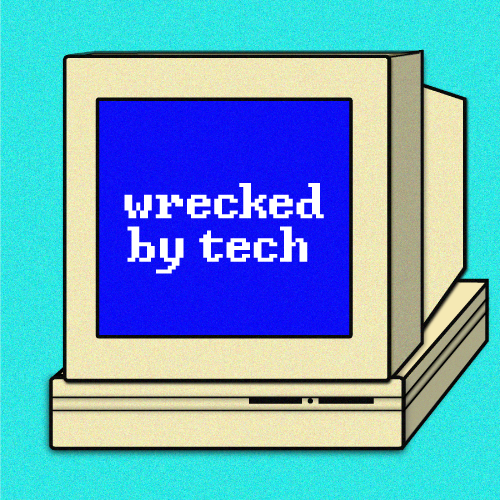It’s over—for now—but Apple should be pissed
Imagine yourself as a teenager. You’re looking for something in your messy room, and after a couple minutes, you’re sure your parents moved it. You ask where it is, and they don’t know. You ask again—where did they put it? They don’t know. You know they moved it. They’re not going to help you find it. They helped you last week—you have to look around for yourself.
Things escalate. You yell. They yell. You accuse. They deflect. You really need that thing they moved, and they won't help you. You storm out of your room, seething, and kick a sweater aside.
It was under your sweater.
If you’ve been following the FBI vs. Apple debate, the above example (hopefully) makes a lot of sense. If you haven’t:
The Timeline
- The FBI needs access to Syed Farook’s iPhone. Farook and his wife were the San Bernardino shooters.
- Apple gives iCloud data to the FBI—they’ve done this before, so it's no big deal.
- The FBI wants to access the data on the phone itself, but it was Farook’s work phone. It's got security. After a certain number of passcode attempts, the phone will erase itself. The FBI demands Apple create a new version of the iPhone software that would eliminate the wiping precaution. The FBI can “brute force” break the code (use a computer to guess every combination), but that will wipe the phone. Only Apple can prevent it.
- Apple refuses, saying it sets a dangerous privacy precedent (not to be confused with Privacy Presidents, which I just assume is the name of a punk band in San Francisco).
- The FBI accuses Apple of aiding terrorists, and reassures Apple that they’ll only use it this one time. The FBI files in court.
- Apple still says no—if a hacker gets that kind of code, they could edit it and use it any time. Customer privacy is important, and the FBI probably doesn’t need Apple for this.
- The FBI admits they may want to use this code a few more times (read: literally hundreds of times), and they absolutely cannot get into this phone without Apple’s help.
- Apple is ordered by the court to acquiesce.
- Apple gives another emphatic “no.” They will fight this. Creating this code will end privacy as we know it, hackers will get it, nobody’s data is safe, and we’re all doomed.
- The media frenzy continues, each side upping their rhetoric accordingly. Apple execs are terrorist sympathizers. FBI higher-ups are Orwellian dictators. So on. Apple’s legal team fires back.
- Apple holds an event (rather lackluster, honestly) to announce some stuff. Privacy comes up. It’s strongly implied they’ll never back down.
- The FBI uses an undisclosed third party (not Apple) to get into the phone. They back down.
Not so far off from the teenager example, is it? The FBI lost something, they absolutely needed Apple’s help finding it, Apple refused (because they cooperated enough already), and the FBI figured it out on their own. The data was under the sweater the whole time.
Things to keep in mind
•The FBI insists they exhausted their options before coming to Apple, but the NSA remained completely silent. Few people really know what the NSA is capable of.
•The phone in question was his work phone, not his personal one. Would you keep sensitive, incriminating evidence on a phone your workplace legally owns?
• Apple submitted Farook’s iCloud data, which includes messages, photos, mail, contacts, calendars, notes, Safari browsing history, and a backup of the phone. What else was left to give? App data? Game Center progress?
•A case like this would set a legal precedent. Most companies already give up cloud data, but this would force them to give up hardware data—to hack their own devices for law enforcement.
Relevant questions
•Who cracked this phone?
•Was the data even worth it? Was this just an unnecessary grandstand for a precedent-setting home run?
•When the next case goes to court—and there will be another one—who will win? Will a third party be able to get into the next phone, or will Apple have to hack itself?


